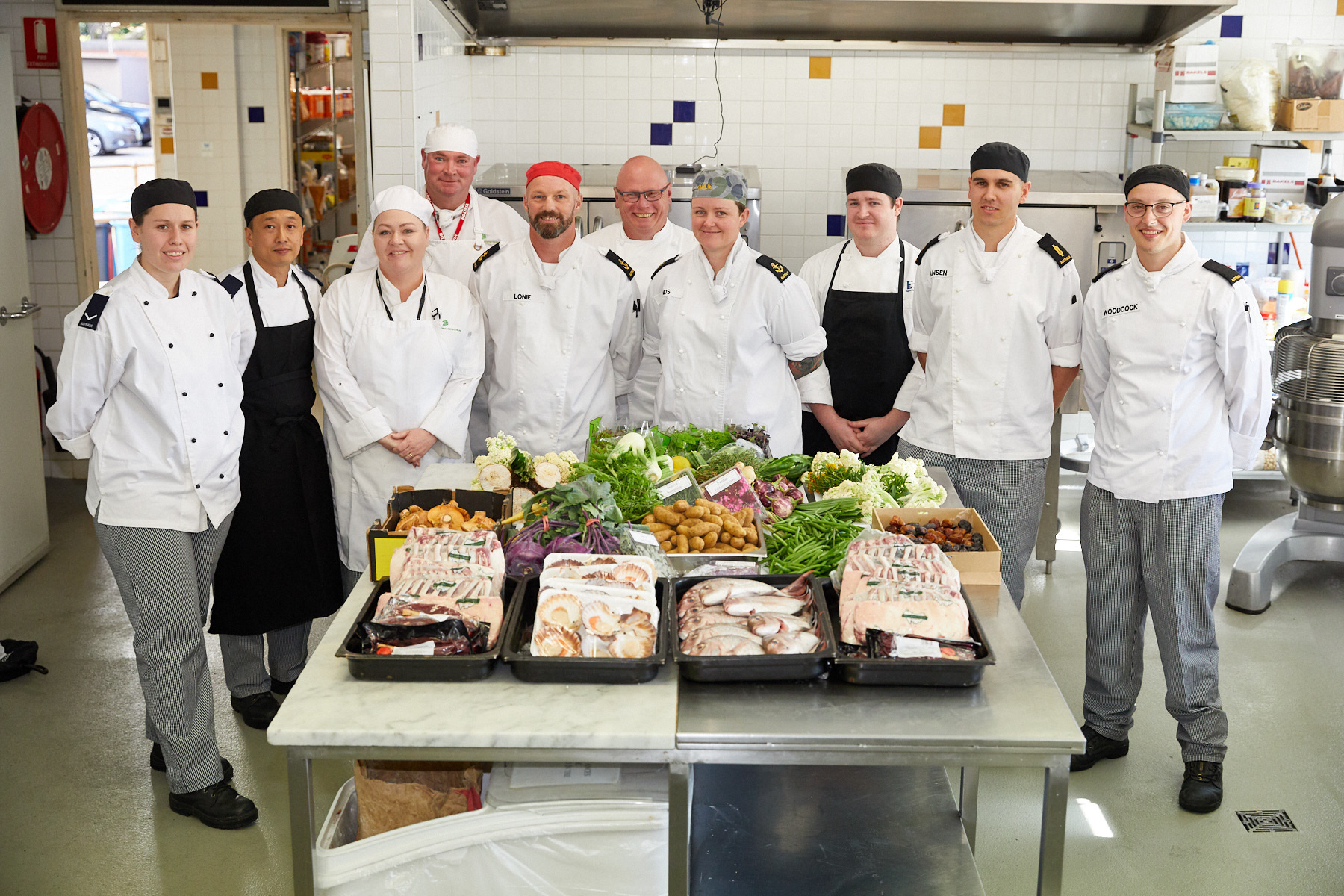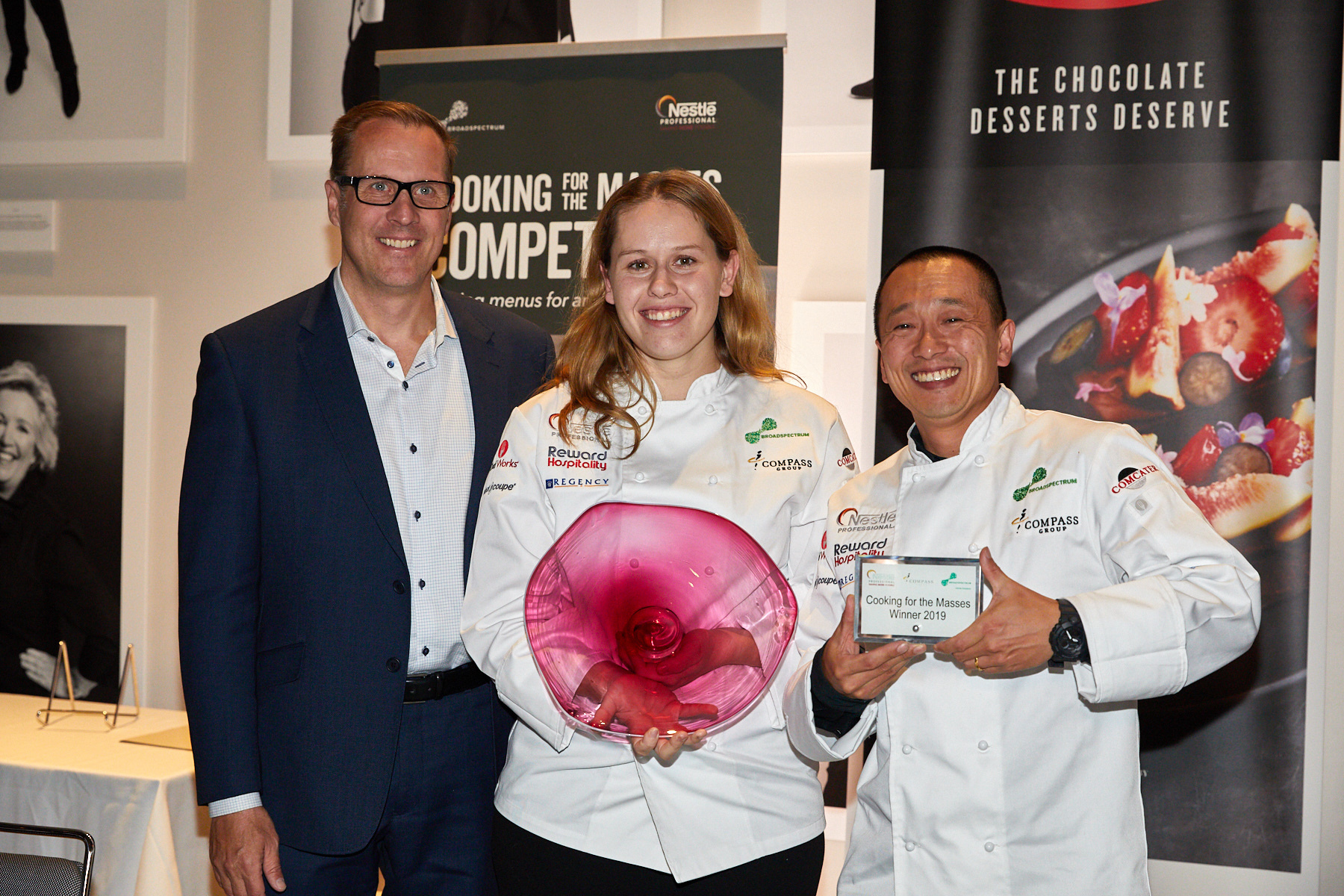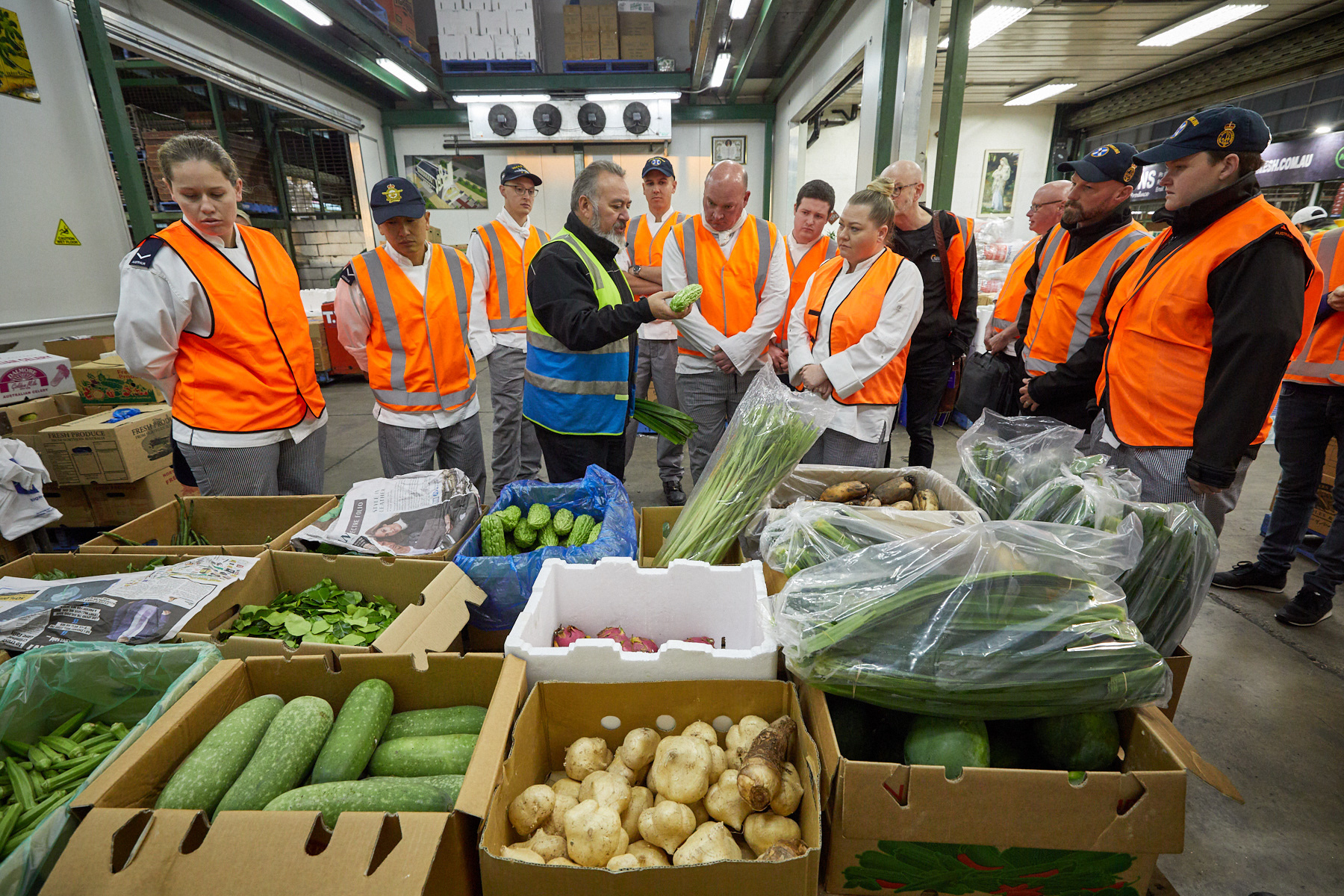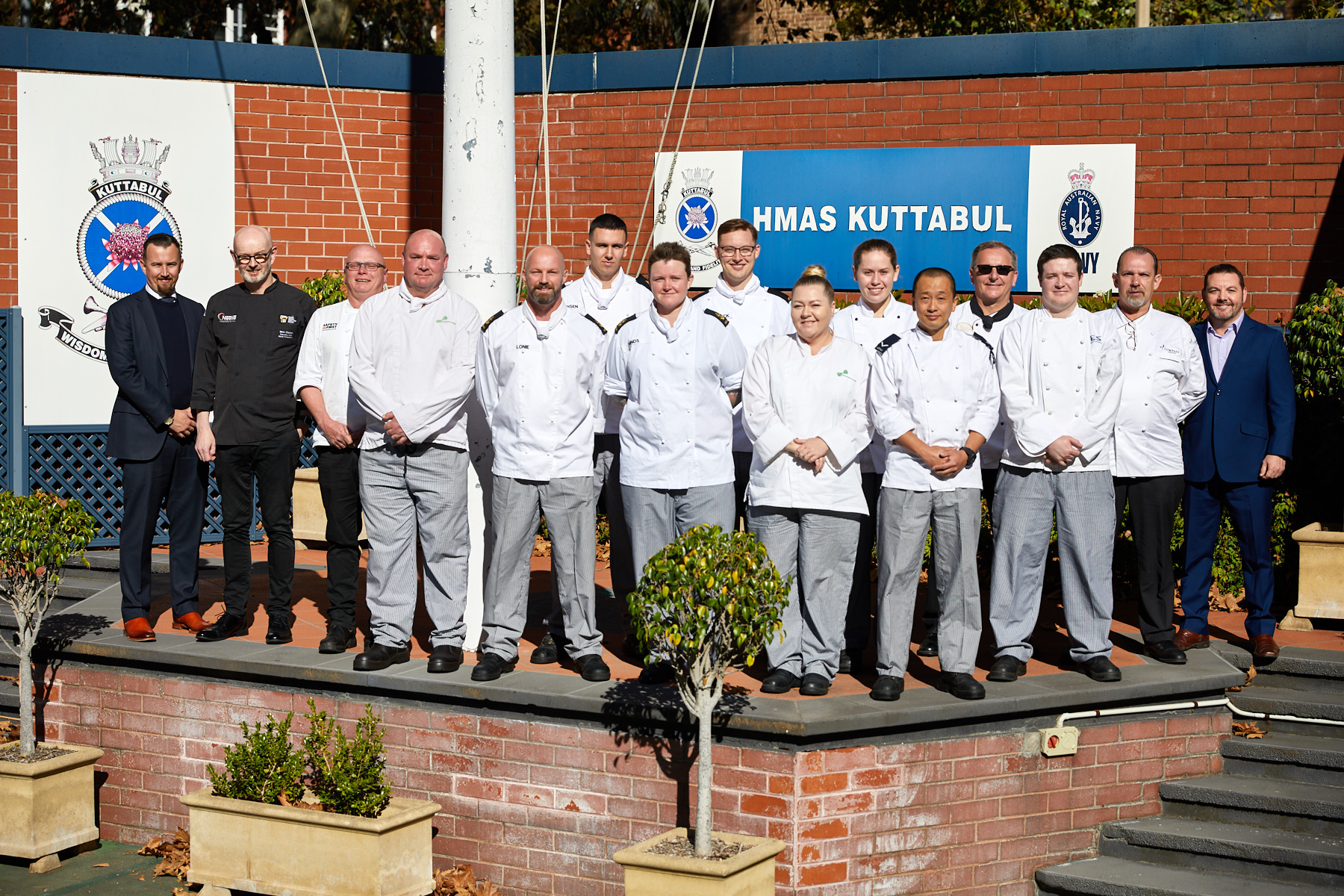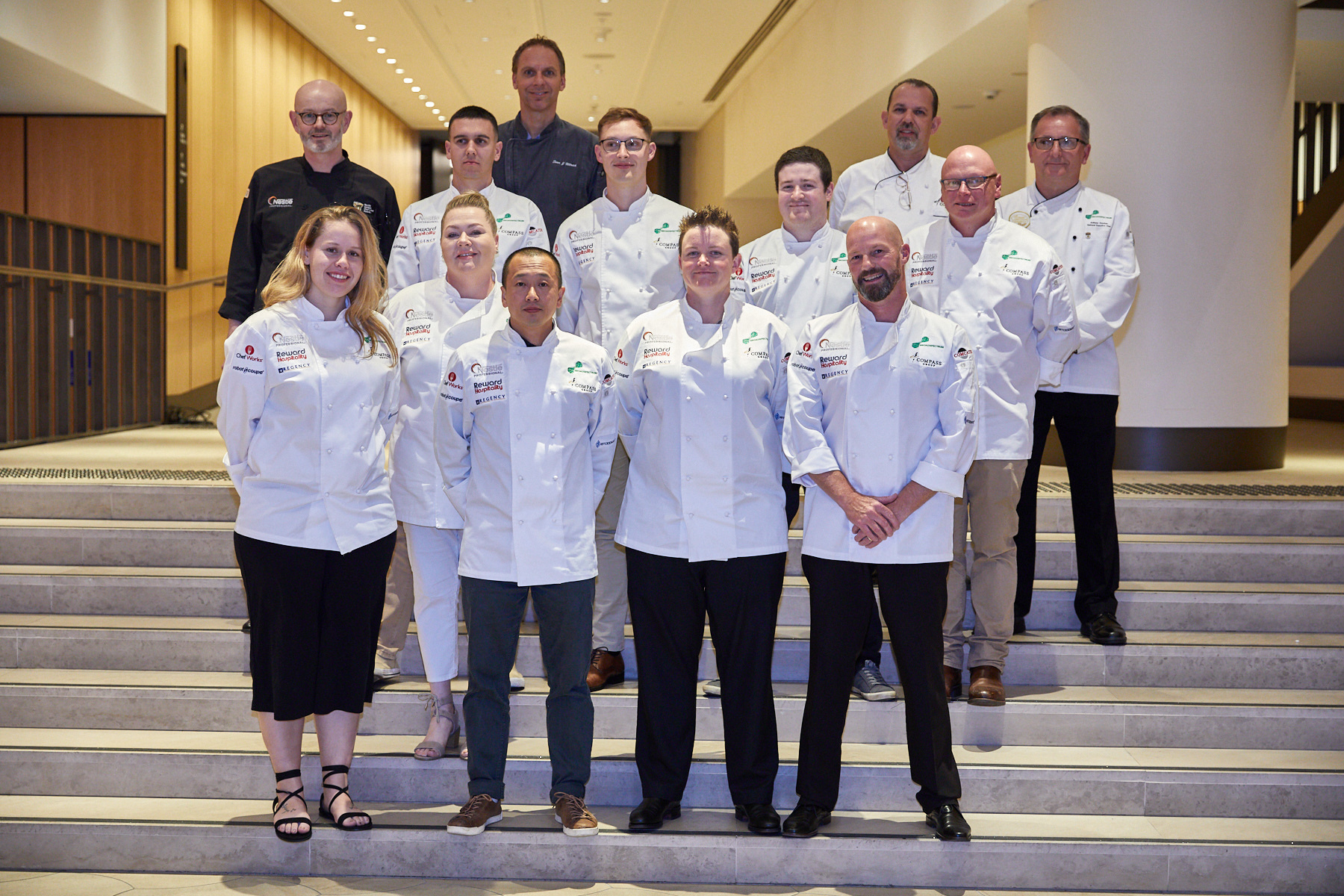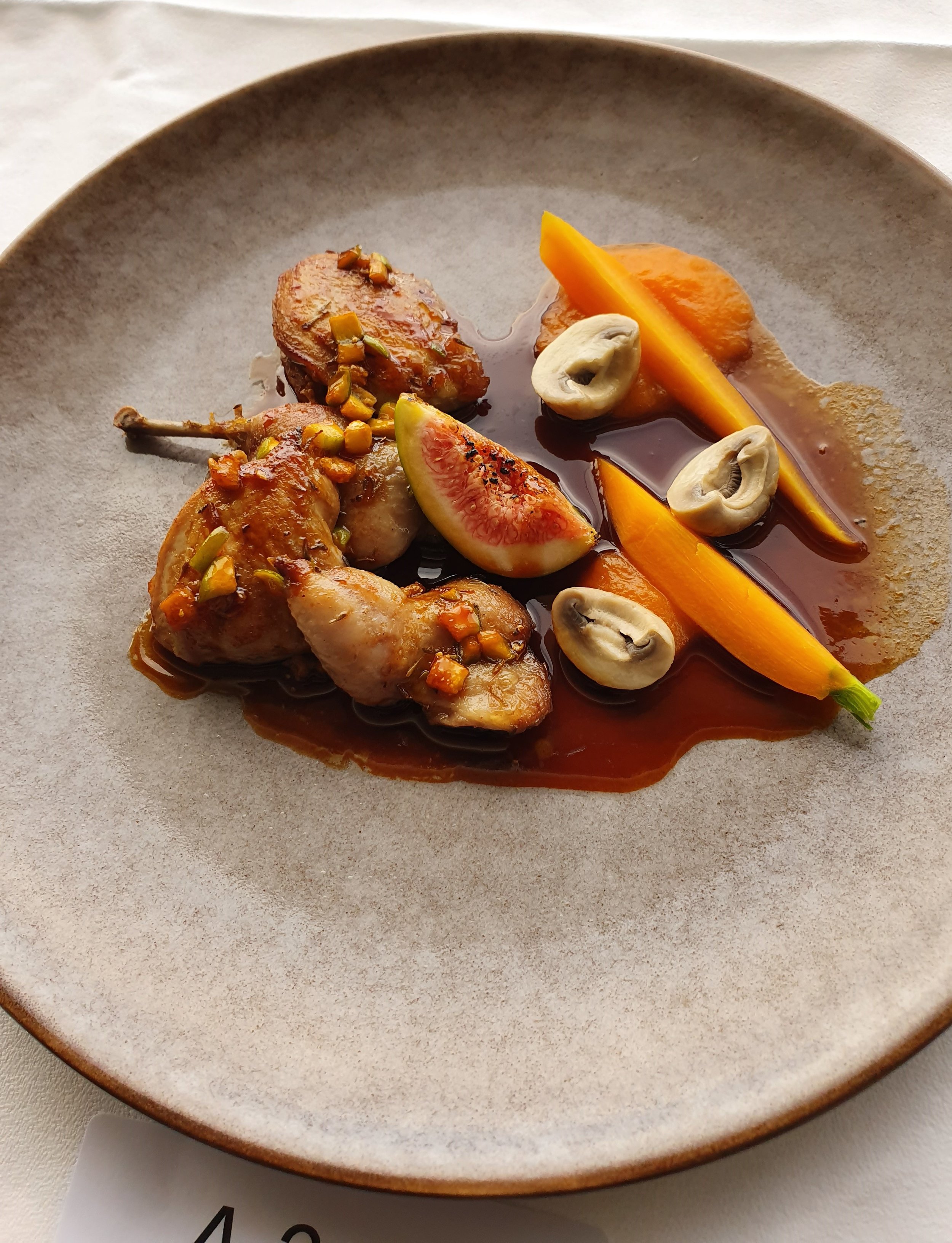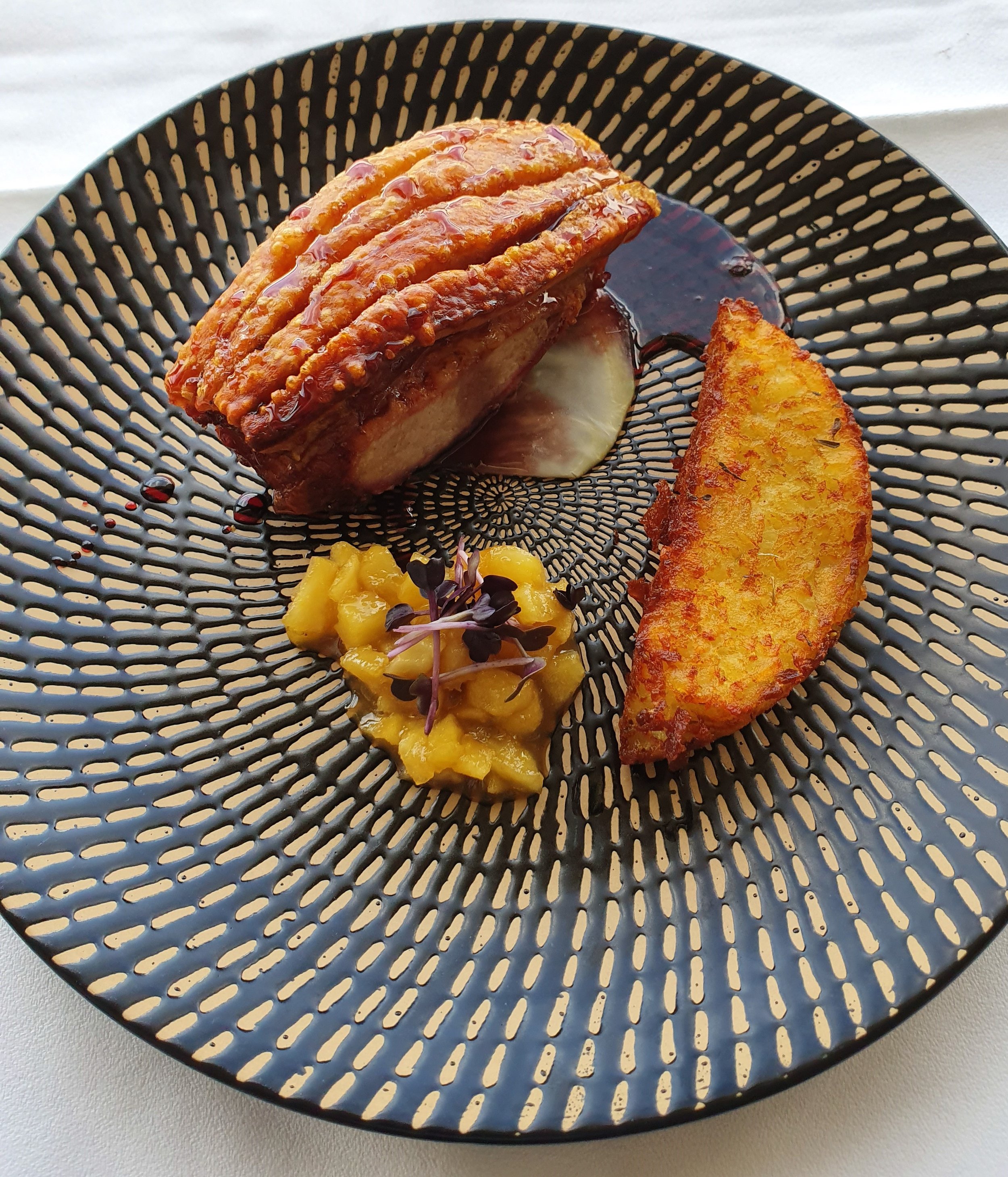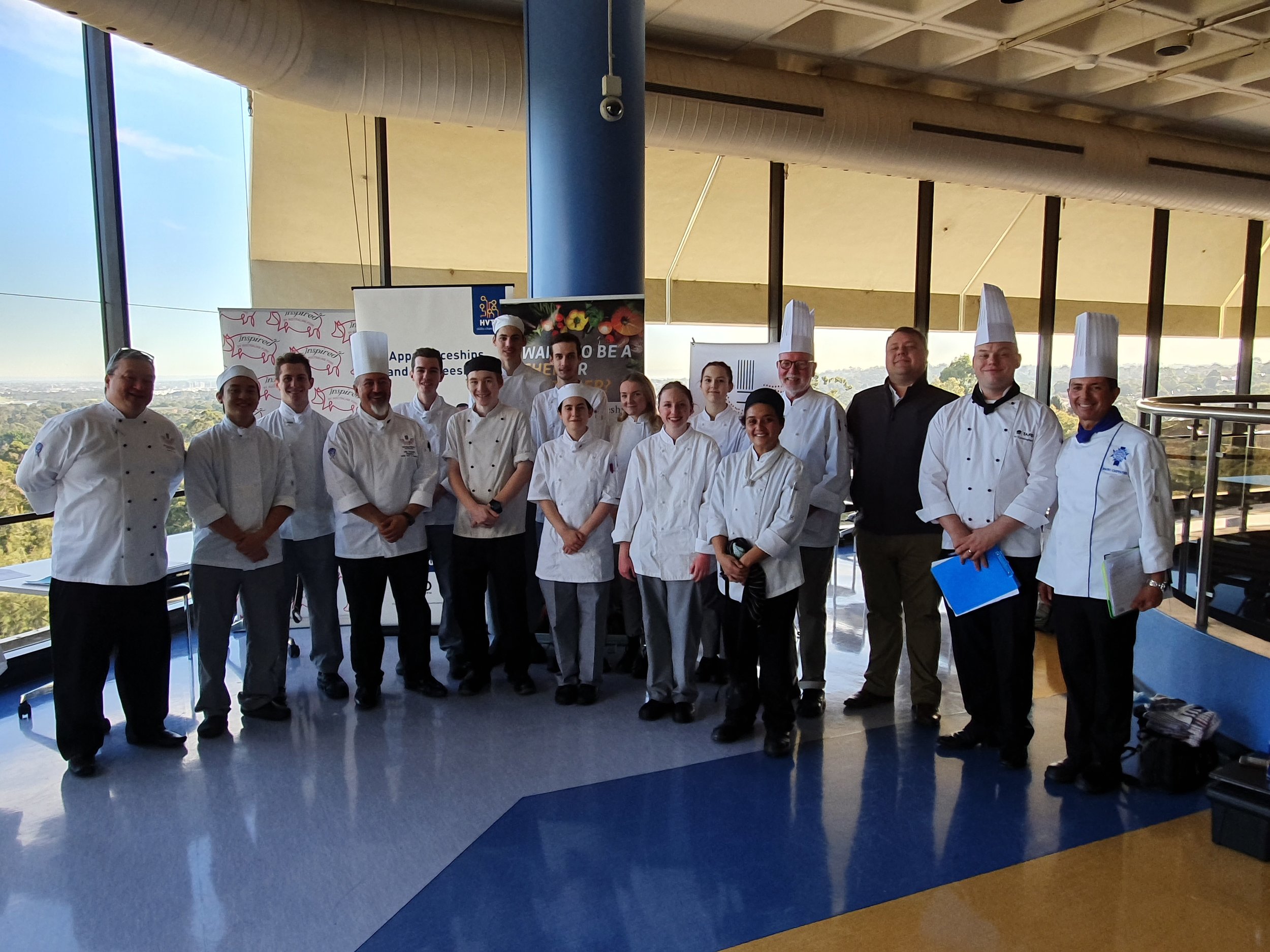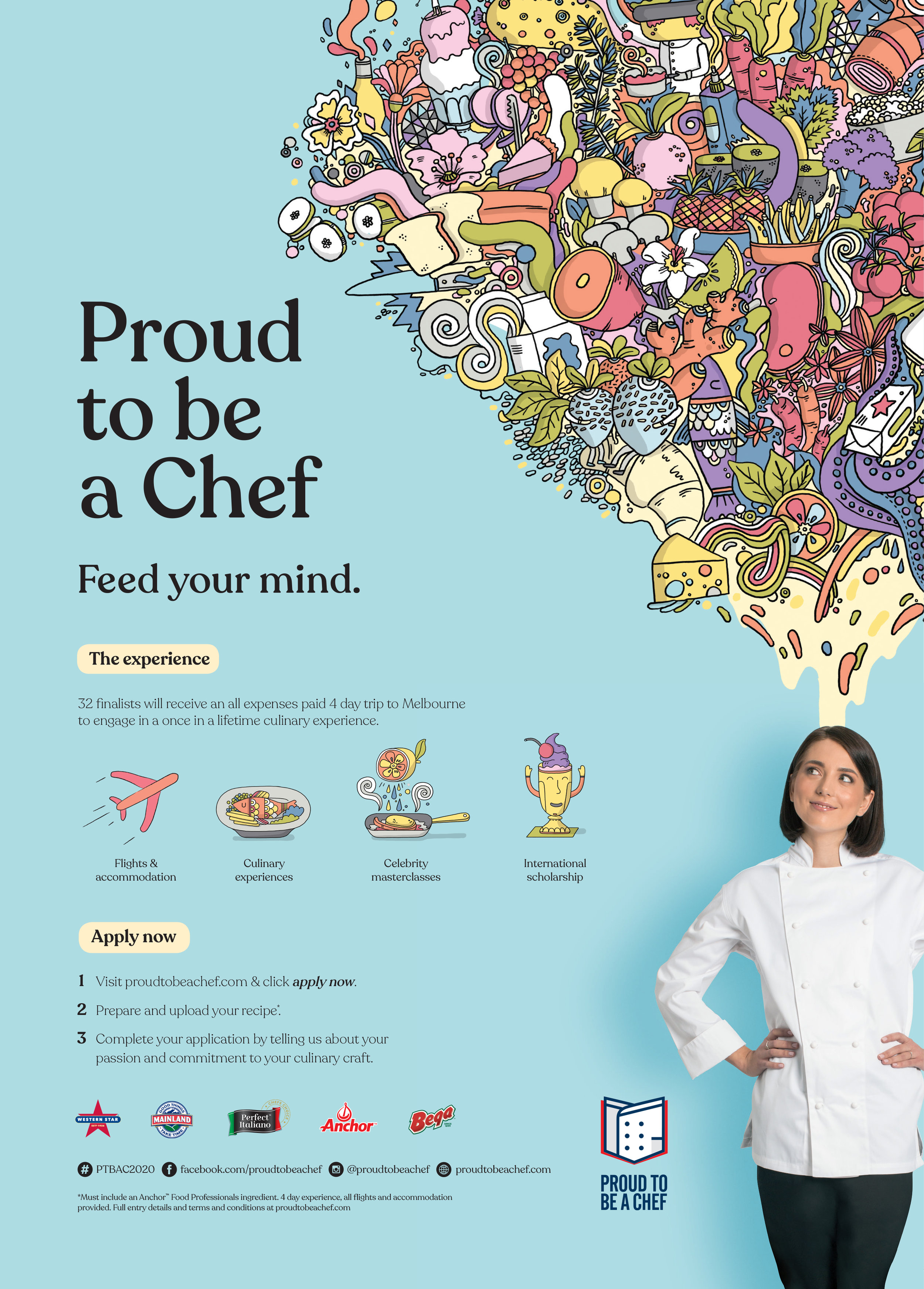Culinary competitions and further education opportunities offer strong benefits for switched-on chefs
For many chefs, culinary competitions and further education opportunities are a chance to benchmark their skills against their peers, further their knowledge and identify areas in which they can improve. But sometimes the benefits that competitions and further education can bring is a realisation that only comes with time.
“I didn’t always recognise the value of competitions,” is the frank acknowledgement of Nestlé Professional Executive Chef Mark Clayton, who for the past six years has been heavily involved in the Nestlé Golden Chefs Hat competition.
“I used to think there were two types of chefs, competition chefs and real chefs, which in hindsight was very arrogant. But I’ve now seen so much of the value that competitions bring that I’ve totally changed my mind.”
“They really do hone your skills - they force you to learn new things, much more so than you would in your actual workplace. And it’s great to see what your peers are doing, which you’re much less likely to be exposed to when you’re locked away in a kitchen. It gives you the opportunity to benchmark yourself against your colleagues.”
For more than half a century the Nestlé Golden Chefs Hat competition has been recognising Australia’s most talented junior and apprentice chefs. Each year it gives apprentices the opportunity to put their culinary skills to the test against their peers, with the national winners receiving an educational trip abroad which typically gives them the chance to see some of the world’s top chefs in action, learn about latest industry trends and establish valuable networks and contacts. With its format of cooking from an extensive pre-released range of ingredients within a limited timeframe, the event evokes the real life pressures faced by chefs within the commercial kitchen.
“The standard of competition just seems to get better and better every year,” Mark says. “Last year I would say we had 80 per cent new faces in the competition – there is an age limit beyond which you can no longer compete, so we do get regular influxes of new people. Last year there were lots of first-timers and the quality was still outstanding. They had obviously done the work and practised hard, which is always great to see.
“We use Australian Culinary Federation chefs to judge across the different regions, and I’m the person who helps ensure the continuity of the judging standard,” Mark explains. “That way we can be sure that the gold medal we’ve awarded in Cairns or Darwin matches that standard for which we’ve awarded a gold medal in Sydney. We work very closely with the Australian Culinary Federation who manage the competition and do all the groundwork across every state.”
Mark was also recently involved in the third annual Cooking for the Masses competition, which brings together Australian Defence Force chefs and their catering partners Broadspectrum and Compass Group. Eighty participants competed regionally across eight cities, culminating in a national cook-off which saw five teams of two flown to Sydney to compete at HMAS Kuttabul in Potts Point, Sydney, with representation from the Royal Australian Navy and RAAF, Broadspectrum and Compass Group.
“Cooking for the Masses is a terrific competition because it gives defence force chefs an opportunity to step outside their day to day operations,” Mark says. “They are typically engaged in a lot of catering for large numbers, and this event lets them indulge their more creative side and gives them a chance to shine. It’s growing every year and it’s really being driven by Broadspectrum and Compass who have gotten on board – the judging panel consists of myself, a representative from Broadspectrum and a representative from Compass and we work as a team very well.
“I have to say the standard was very good – these defence force chefs can produce really tasty food, they understand flavours and by the end of the final they’ve really honed their skillset. We give them feedback on their entries at the end which is very important so they know where they’ve really achieved and which areas can be improved upon.”
Hospitality Training Network, Australia’s largest hospitality group training organisation, runs a range of competitions for apprentice chefs and students including the Inter Schools Culinary Competition and Apprentice Chef Competition. Its CEO Michael Bennett explains there are three key reasons for this: “It gives us the opportunity to showcase commercial cookery as a desirable career option, but more importantly for the participants it’s a great learning experience and a chance to benchmark their skills against their peers. Everyone has the same ingredients and same amount of time and they come up with vastly different dishes. We encourage all participants at the end to go out and look at what their peers have done, because they can learn as much from that as they can from the judges.”
HTN has been running the Apprentice Chef Competition in conjunction with the Australian Culinary Federation for 19 years, with the winners across state heats invited to compete nationally in Canberra. Participants get access to a whole range of fresh produce as well as staples of the pantry and have to produce dishes in a set timeframe. “They have to do it all on the day,” Michael explains. “All they know in advance is what the protein will be – they only find out what the fresh produce is on the day and they have a short period to produce a workflow and menu and are judged on that, along with cooking techniques, hygiene and a range of other relevant criteria. It’s not just what’s on the dish so it’s a high pressure event.”
Michael says that for first time competitors, it’s a chance to get a taste of what competing is all about, in a friendly environment. “We encourage competitors to ask the judges questions and treat it as a learning experience.”
Of course such learning opportunities are not confined solely to the competitive arena. Proud to Be a Chef, Australia’s leading foodservice mentoring program, sees 32 apprentice chefs chosen from Australia to participate in a four day experiental journey which embraces not only a cook-off but masterclasses, skills workshops and visits to restaurants, wineries, production facilities and working farms.
“The focus of Proud to Be a Chef is on identifying and developing the raw talent of Australia’s best and brightest apprentice chefs and providing them with the best mentoring experience possible – including skills and insights to help sustain them throughout their professional life,” says Kym Gill, Channel Marketing Manager of Anchor Food Professionals which presents the program.
The mentors for next year’s Proud to Be a Chef program will include Adrian Richardson, Executive Chef and owner of La Luna Bistro, and Lisa Van Zanten, Executive Pastry Chef at Atlantic Group.
You can read more about Proud to Be a Chef, including an interview with Joel Noble, winner of the 2019 Proud to Be a Chef International Culinary Scholarship, in the next article feature. Entries are now open for the 2020 program and head chefs all over the country are already encouraging their apprentices to enter.


